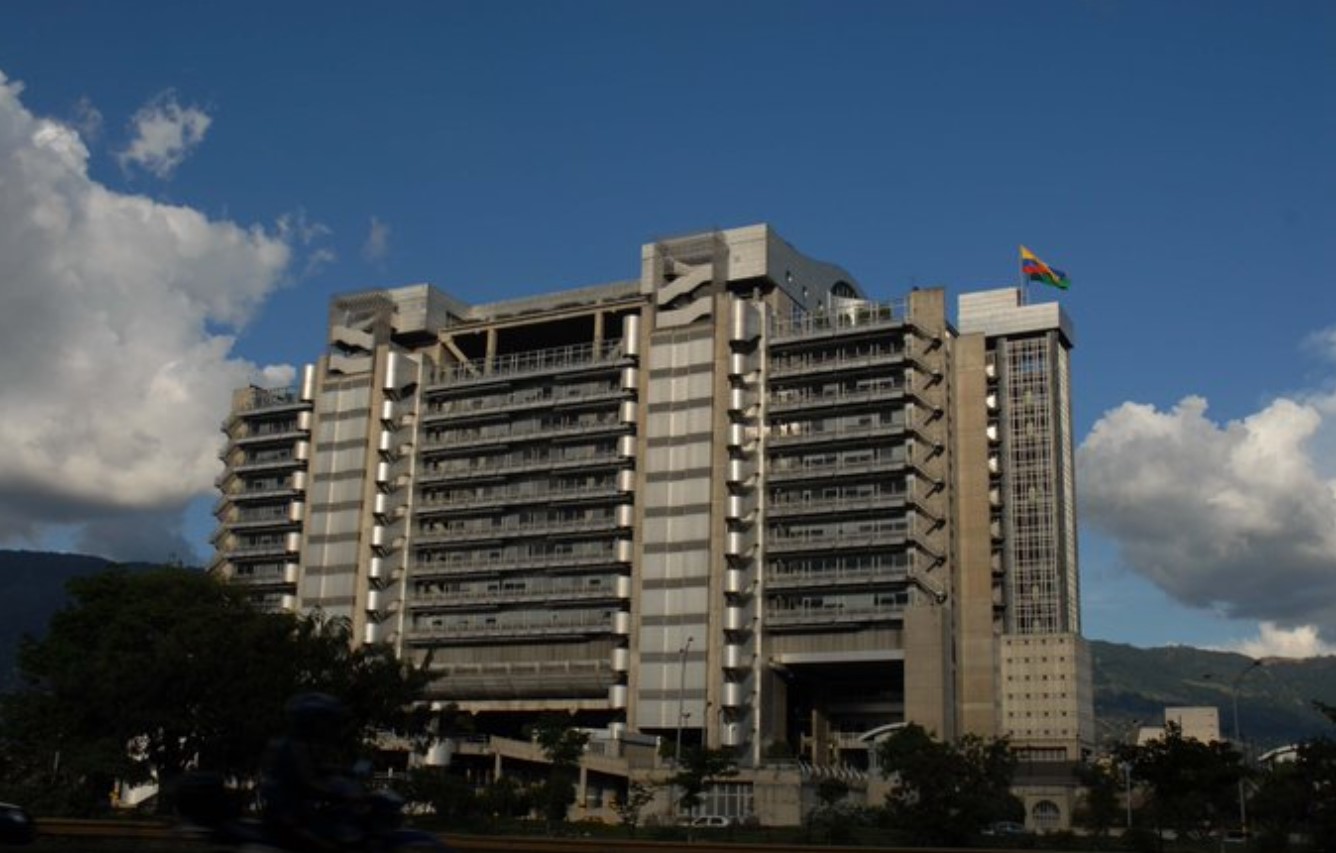The fight against the corona epidemic is going in the right direction in more ways. More and more people have been (partially) vaccinated, while the numbers of new infections, hospital admissions and ICU admissions are falling sharply. The chance of reinfection and transmission also seems small after going through a corona infection or vaccination.
The NOS spoke – the day before the press conference on Friday evening – about these subjects with Jaap van Dissel, director of the Center for Infectious Disease Control of the RIVM and with Jacco Wallinga, head modeller of the same RIVM.
Our immune system seems to offer good protection against re-infection both after a Covid-19 infection and after vaccination, also with the British and South African variant. In addition, vaccinations seem to reduce the chance of transmitting the virus. What does that mean in light of the vaccination program?
Wallinga: “We have roughly calculated how many people will have been infected or vaccinated on January 1, 2022. We then assumed that all those people are completely immune. Then you can calculate what the reproduction number will be.
“If everything goes according to plan, the reproduction number can be just below 1. But then the vaccination rate must be 75 percent and be homogeneously distributed over the country. We already know that the latter will not be the case. But we also know that It is not the case that we will have built up too little immunity by next winter, by the time the seasonal effect starts to help the virus again.”
“It could have been that the immunity next winter would still be too low to control the spread of the virus and that very strict measures would therefore be needed again. It doesn’t look like that, but we can’t sit back yet either. “
But all corona figures are falling and the number of vaccinations is rising.
Wallinga: “We are seeing a very rapid decline in the numbers of infections and admissions to hospitals and ICUs, which is in line with our expectations. Of course, we keep adjusting the forecasts as new data become available. I can imagine that people will feel less adhere to the basic rules and take an advance on relaxations that have not yet been implemented, which could have consequences for further steps in easing the corona measures.”
A new study among healthcare staff at Erasmus MC underlines the importance of T cells. Why is this research relevant?
Jaap van Dissel: “The research makes it clear that defense is more than just antibodies. Recently, there may have been an impression that antibodies are the only ones that provide defense. This is because there are relatively simple methods for measuring antibodies. But the immune system also consists of a part that passes through blood cells, the T cells, for example. T cells usually respond somewhat more broadly than antibodies. The Rotterdam study confirms this and shows that the immune response is a combination of antibodies and immune cells. defense against virus variants.”
“There are a number of studies in the Netherlands aimed at vulnerable patient groups, such as patients who have undergone an organ transplant or people with a congenital immune disorder. That is an interesting group with many different underlying problems.”
“Sometimes these lead to people being unable to make antibodies, but T cells that cause an immune response. These patients are monitored to see how their immune system responds to the vaccination. We already know that patients who do not make antibodies are not always in the problems are caused by covid-19, so the cellular response, such as by T cells, plays the leading role in their immune system.You can actually deduce the same from the various syndromes of covid-19, from very mild complaints to severe flu-like symptoms. complaints – with the exception of the very seriously ill patients who are admitted. The majority of those people get rid of these complaints within a week. That is too short to evoke a full antibody response. In that group of patients, and that is the largest group, the T cells probably play a major role in the defense against the virus.”
A not yet peer-reviewed but already published online study proves the presence of antibodies and immune cells up to almost a year after infection.
Van Dissel: “This concerns the immune response to an infection in which the memory of the immune system often plays a role. studies showing that the corona cold viruses sometimes evoke a response from immune cells that probably offers some cross-protection against SARS-CoV-2. This may manifest itself in less serious illness. Those immune responses are a dynamic whole about which we will learn a lot in the near future.”
What do you mean?
Van Dissel: “How often do we have to vaccinate, when is the immune system at such a level that you at least prevent serious Covid-19, how long does the immune system last? It is still too early to answer such questions, but it is possible.” important for how we deal with covid-19 in the coming years that will undoubtedly continue to circulate.”
The Health Council has an advice told the government that vaccination inhibits the transmission of the virus, but it is unclear to what extent.
Van Dissel: “The Health Council focuses on published studies, and there are very few of these as yet. The Council mainly relies on a Scottish study, which has not yet been peer-reviewed. In the OMT we weigh more data include the studies into the efficacy of the vaccines, but also studies from practice. For example, a study from Israel, but also from America, which not only looks at whether people are protected against disease after vaccination, but also whether the virus is in their throat without causing symptoms. This shows that people not only get sick much less often after vaccination, but they also have SARS-CoV-2 in their throat less often. Another study shows that if it is there, the amount of virus after vaccination is often lower and that it seems to disappear somewhat faster. That is circumstantial evidence that vaccination also prevents the transmission of the virus.”
–


